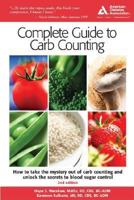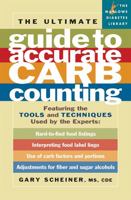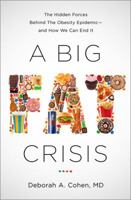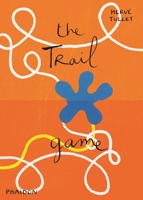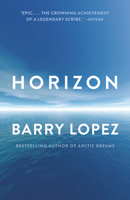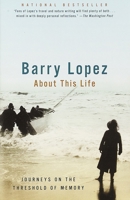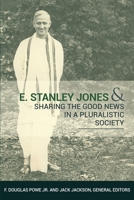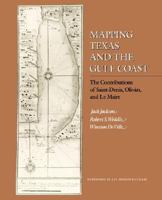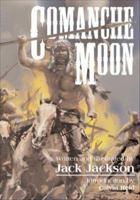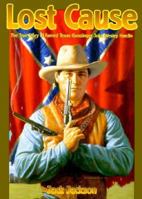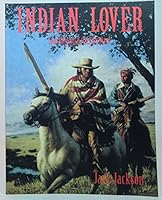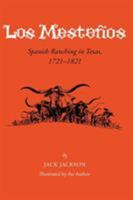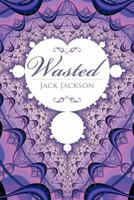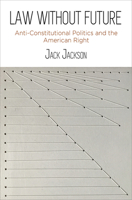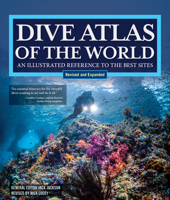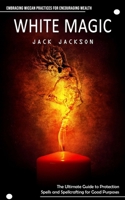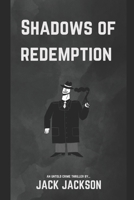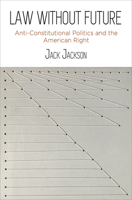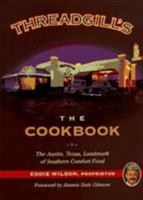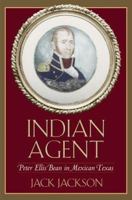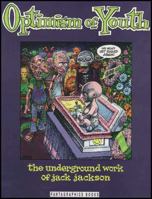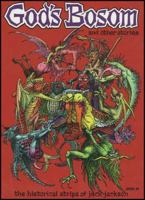The Complete Guide to Carb Counting: How to Take the Mystery Out of Carb Counting and Improve Your Blood Glucose Management
Select Format
Select Condition 
You Might Also Enjoy
Book Overview
If you are managing type 1 or type 2 diabetes, you need to know your carbs--what they are, which foods contain them, how many you're eating, and how to match them to your medication. This new edition of the bestselling guide from the American Diabetes Association is here to help.
The completely revised Complete Guide to Carb Counting, 4th edition, from the nutrition experts at the American Diabetes Association, provides you with the knowledge and the tools to put carbohydrate counting into practice. Updated from top to bottom to include the latest science on meal planning, low-carbohydrate diets, and evidence-based nutrition advice, this edition also introduces and explains carb counting concepts as you'll need them in your diabetes care plan. Inside, you'll learn:
Why carb counting helps you manage your blood sugarThe amount of carb to eatHow to count the carbohydrates in mealsHow to count carbs using food labels, restaurant menus, and your eyes, tooMuch moreThis is THE meal planning system every carb-counting person with diabetes needs to manage their blood glucose, now updated and more comprehensive than ever.--American Diabetes Association
Related Subjects
Hermeneutics Language Metaphysics Ontology Humanism Philosophy Politics & Social SciencesCustomer Reviews
Rated 4 starsDiving in Bonaire
The Dive Sites of the ABC Islands was an informative guide that provided a useful map with some interesting history regarding Bonaire, and the information regarding the diveability of the sites was most appreciated by our newest member who received his Open Water Certification while we were there. However, some entries appeared dated, whereas various dive locations were no longer accessible, the water clarity ratings appeared...
0Report
Rated 4 starsThe Dive Sites of Aruba, Bonaire, and Curacao : Comprehensive Coverage of Diving and Snorkeling
This book contains a nice overview of the islands. There are many quality photos of the dive sites.
0Report













